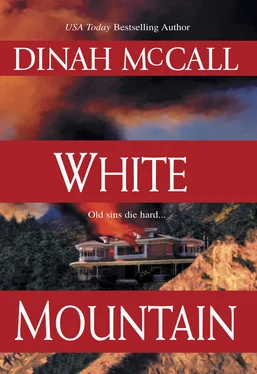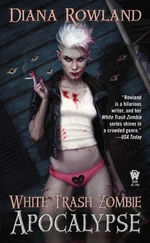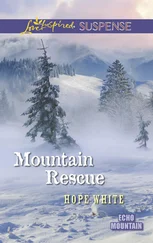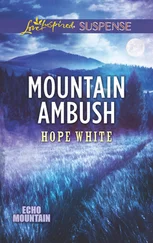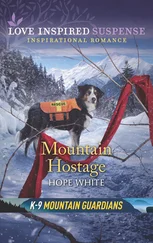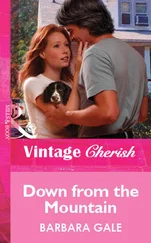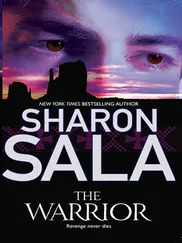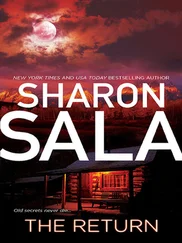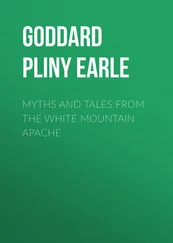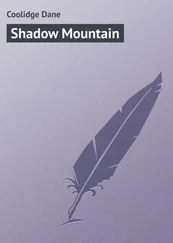Now things were better, but they would never be the same. Democracy was as obscene to him as a four-letter word, and now the Russian Mafia had more power than the government. He’d learned to adjust, because it was what he did best. He’d settled into a routine that, while less than stimulating, was more luxurious than what he’d known as a child.
And then a week ago there had come a knock at his door. He’d opened it to find four dour-looking men who’d told him to pack a suitcase. Within hours, he’d been briefed, given American money and a cell phone, and put on a plane bound for New York City. The reason was almost comical to Rostov. He was back in action for the simple reason that he was part of the past. He’d come to America for one reason only. To find a ghost.
Now, here he was, tailing a stoop-shouldered old man with a fondness for borscht. He didn’t look like a ghost to Rostov, but from the color of his complexion, he wasn’t far from becoming one.
When the old man stopped at a crosswalk, Rostov paused, too, turning toward the windows of the jewelry shop by which he was standing. To the passersby, it would appear that his interest was on the display of rubies and pearls, but in truth, the window was his mirror to the sidewalk across the street.
He stood until the light turned green and the Walk sign began to flash, then he pivoted quickly. Dodging traffic, he bolted across the street, losing himself in the stream of pedestrians through which the old man was moving.
He knew the man’s name was Frank Walton. Supposedly a retired botanist from Braden, Montana, who had come to Brighton Beach for a holiday. But there was a particular reason why Vasili Rostov had been yanked out of retirement and sent on this mission, and the picture in his pocket was part of the mystery. Tonight he would meet this old man face-to-face. If what Rostov suspected was true, his name would once again be spoken with respect.
Frank laid his safety razor by the sink and then peered at his face in the foggy mirror before pronouncing himself shaved. His belly hurt—part of the growing cancer eating away at his inner parts—yet he was determined not to let it ruin the upcoming evening. The hotel concierge had told him about a wonderful restaurant only a few blocks from the hotel that offered a floor show with dinner. The chance to hear more music from his homeland was too enticing to miss. Ignoring the gnawing pain, he swiped a towel across his face, splashed on some pine-scented aftershave and went to finish dressing.
Tomorrow he would be going back to Montana—back to his friends and to Isabella. He smiled as he thought of her—dark, laughing eyes and a heart-shaped face—the daughter he’d never had. She called him Uncle, just as she did all of Samuel’s friends.
Samuel Abbott was Isabella’s father. He’d been their leader from the beginning. A frown turned his smile upside down as he glanced at the phone. They hadn’t wanted him to leave Braden, and yet he hadn’t been able to bring himself to tell them why. They didn’t know about the cancer. He would tell them later—when he could no longer conceal the pain.
He glanced again at the phone. He should really call and let them know he was coming home tomorrow, but then he looked at the clock and changed his mind. It was getting late, and if he didn’t hurry, he would be late for his reservation. He didn’t want to miss the start of the show.
Shrugging off the thought, he told himself it wouldn’t really matter. He would be home by this time tomorrow, and then he could talk to his heart’s content.
A few minutes later he was in the hotel lobby, then out on the street. More than a dozen people were curbside, waiting for cabs. He frowned, realizing he should have called ahead for a cab, and then looked at his watch to check the time. If he waited much longer he would be late. The restaurant was about twenty blocks away, which, in his weakened state, might as well have been miles, yet he opted to walk.
It was a fine September evening. Traffic was brisk. The air had cooled since sunset, making the walk more pleasant. Obviously he wasn’t the only one who thought so. The sidewalk traffic was as busy as that in the well-lit streets. He walked with his head up and his shoulders back, and for a time he let himself believe he was young and strong—and home.
About five blocks from his destination, he heard someone call out a name. At first, it didn’t register, and he kept on walking. But then he heard it again.
Vaclav Waller. Someone had yelled the name Vaclav Waller.
He stumbled, then froze—afraid to turn around, afraid not to. Before he could move, a man stepped out of the alley to his right. The man spoke again, and only then did Frank realize the man was speaking to him in Russian.
“I’m sorry,” he said, pretending ignorance. “Were you speaking to me?”
This time the answer came back in perfect English.
“What do you think, old man?”
When Vasili Rostov stepped into the light, Frank Walton shuddered. He didn’t know him, but he knew his kind. He’d seen that cold, passionless gaze far too many times in his youth not to know the kind of man he was facing. And with recognition came the knowledge that they’d found him—after all these years, when he was almost at the end of his life.
“I think you’ve made a mistake,” Frank muttered, and began to walk away. He’d taken only three steps when the man grabbed his arm.
“No mistake,” Rostov said, speaking Russian again. “We talk.”
Before Frank could call out for help, the man stuck a knife to his throat and forcibly pulled him into the darkened alley. Still speaking in Russian, the man lowered his voice and told Frank to keep quiet, then increased the pressure of the blade against Frank’s throat.
A sudden stinging sensation was all Frank needed to know that the man had drawn blood. Fear momentarily stilled his voice, but it was followed by sudden anger. He might be old and dying, but he would not be threatened—not now, and not by the likes of a man such as this.
“I know who you are,” the man said.
Frank answered in English. “I don’t know what you’re saying.”
The sting against his throat became pain.
“Don’t lie to me, old man. I knew you in Minsk. I was assigned to guard you at a medical symposium. You were born and raised in Georgia and educated in Moscow. You are Vaclav Waller. You were nominated for a Nobel Prize in 1969 and reported to have died in a plane crash off the southern coast of the United States in 1970.”
Frank stifled a groan. He didn’t know how this had happened, but he could only blame himself. Someone here must have recognized him. He had come to Brighton Beach to pay homage to his roots and instead had brought down the fragile house of cards that he’d built for himself.
“What do you want?” Frank asked. “I have money. Take my wallet. It’s in my coat pocket.”
Rostov cursed. “I do not want your money, old man. I want the truth.”
Frank blinked. This time the man had spoken in English again. Was he starting to buy his story, or was he just playing along?
“I do not know the truth of which you speak,” Frank said. “Just take my money and let me go. I don’t want trouble.”
At that moment a car sped by outside the alley. Behind it the sound of approaching sirens could be heard, and Rostov’s hold tightened.
Frank saw how the sirens made the big man antsy. The police were obviously after someone else, but maybe he could make this work to his advantage.
“The police are coming,” he said. “Someone saw you drag me into this alley. Just let me go and I won’t tell. I am an old man. I don’t want any trouble.”
“Your trouble is just beginning,” Rostov said. “You don’t have to talk to me. You can talk to my superiors…when we get back to Moscow.”
Читать дальше
